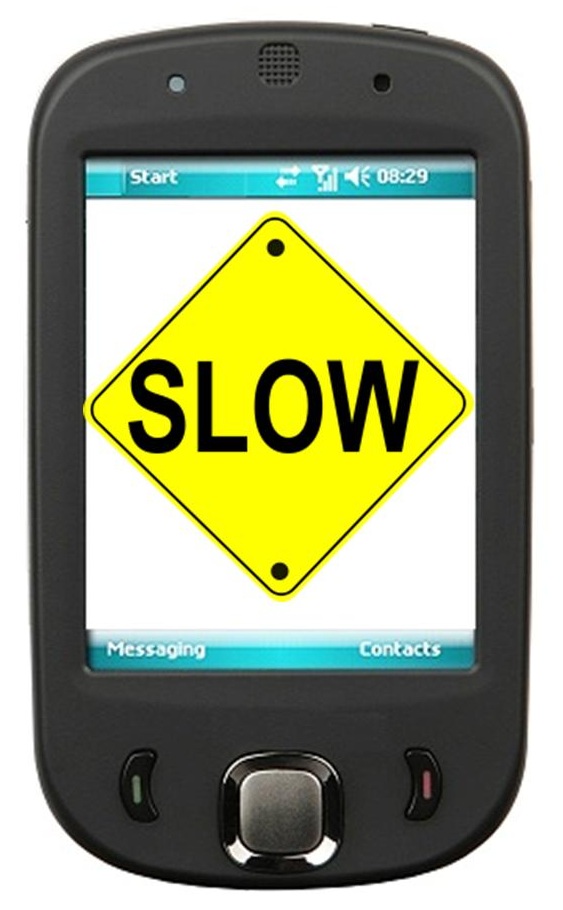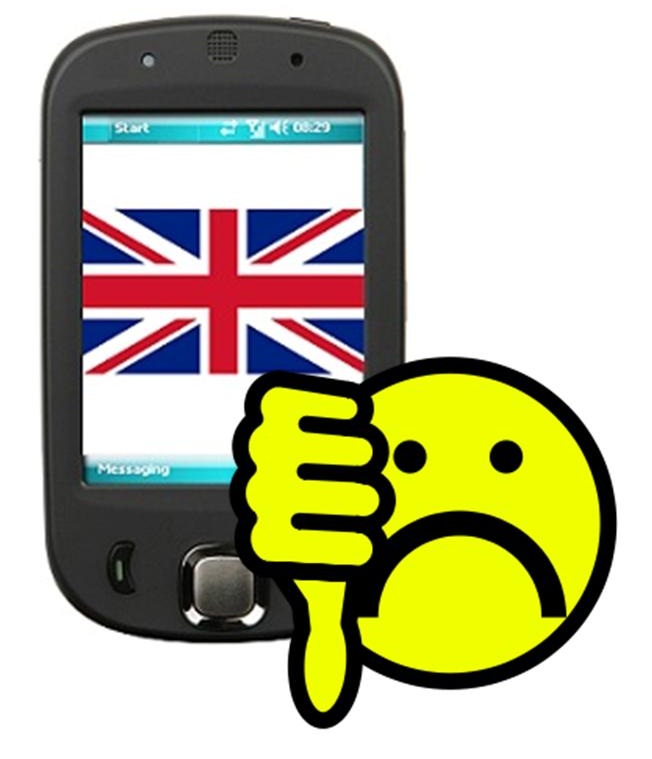 A recent study has shown that many shoppers are turned off of the struggles from going mobile.
A recent study has shown that many shoppers are turned off of the struggles from going mobile.
The latest m-commerce study released by Jumio Inc. has shown that many retailers may not be taking the right approach to selling their products and services over the mobile channel.
The research showed that many consumers give up on their purchase before the transaction is complete.
The study was conducted by Harris Interactive on behalf of Jumio. It determined that over two out of every three (68 percent) smartphone and tablet owners have tried to make an m-commerce purchase using their mobile device. However, it also found that two thirds of those (66 percent) had not finished their purchase because of the struggles that they faced in using their devices to try to checkout.
M-commerce is bringing people to the checkout, but not taking that final step to complete the purchase.
According to the Jumio CEO and founder, Daniel Mattes, “Businesses invest a great deal to get consumers to the point of sale in their mobile apps, but there are a lot of obstacles keeping users from taking their purchase across the finish line.” He added that from the point of having to type in all of their personal information once or multiple times in the very small text boxes in the checkout screens, “to concerns over the safety of data, users are bailing out at checkout. Brands can’t afford to lose shoppers in those final moments of the transaction.”
The Mobile Consumer Insights study by Jumio for 2013 also presented a considerable lesson that was that the m-commerce checkout process needs to be much faster to give it any value to consumers. Almost half – 47 percent – of the consumers who took part in the survey said that they gave up on making a purchase because it took too long to get through the checkout process. An additional 41 percent also mentioned that it was too difficult to checkout using their device, be it a smartphone or tablet.
Mattes said that consumers are demanding an m-commerce checkout process that is much simpler and more streamlined than is the typical experience right now.

 The mobile shopping experience is falling short of what people in the United Kingdom expect.
The mobile shopping experience is falling short of what people in the United Kingdom expect.